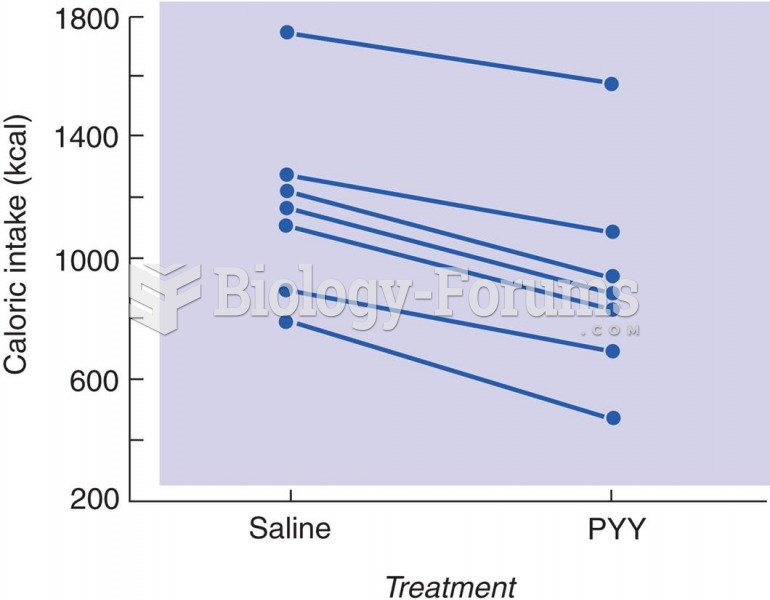|
|
|
Addicts to opiates often avoid treatment because they are afraid of withdrawal. Though unpleasant, with proper management, withdrawal is rarely fatal and passes relatively quickly.
The Romans did not use numerals to indicate fractions but instead used words to indicate parts of a whole.
Approximately 70% of expectant mothers report experiencing some symptoms of morning sickness during the first trimester of pregnancy.
This year, an estimated 1.4 million Americans will have a new or recurrent heart attack.
It is believed that the Incas used anesthesia. Evidence supports the theory that shamans chewed cocoa leaves and drilled holes into the heads of patients (letting evil spirits escape), spitting into the wounds they made. The mixture of cocaine, saliva, and resin numbed the site enough to allow hours of drilling.
 A client is having an endoscopy performed by a physician who views the upper gastrointestinal intern
A client is having an endoscopy performed by a physician who views the upper gastrointestinal intern
 Wrap the client securely with sheets. (A) Lay one side of the sheet over the body. (B) Enclose the ...
Wrap the client securely with sheets. (A) Lay one side of the sheet over the body. (B) Enclose the ...





